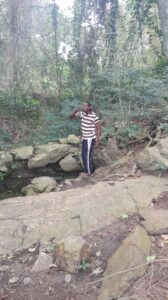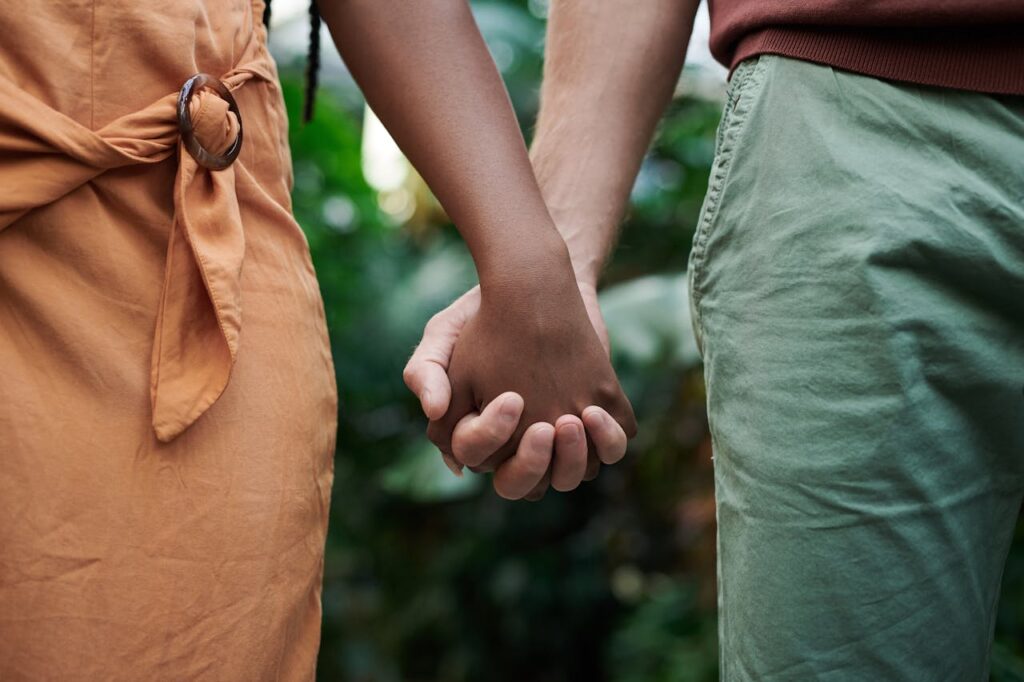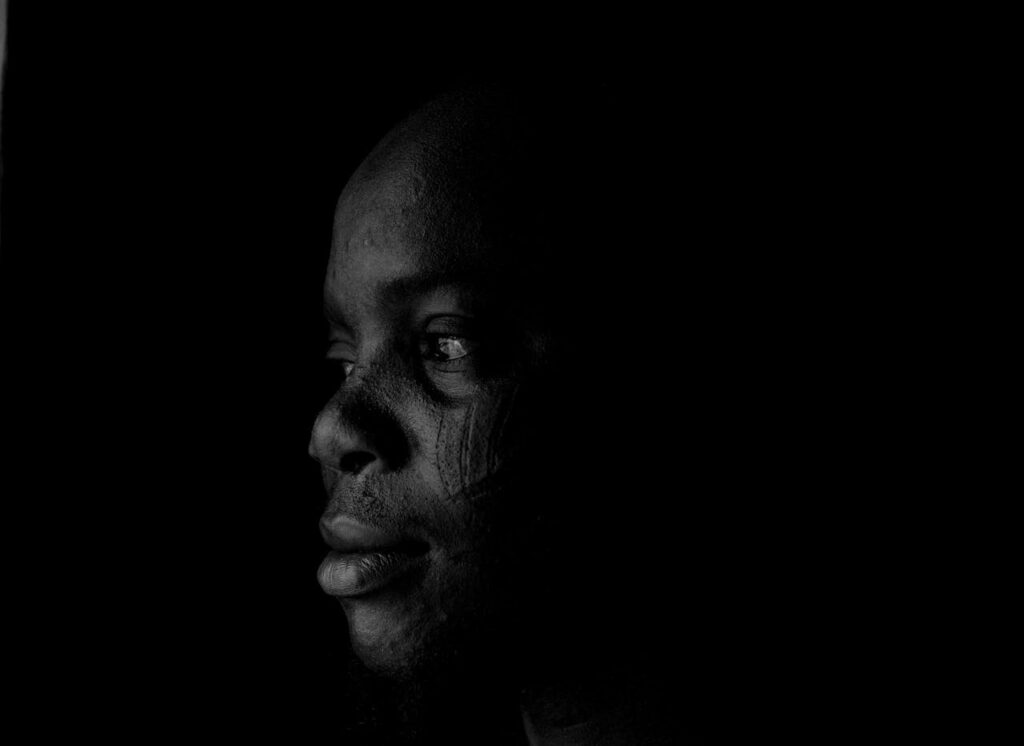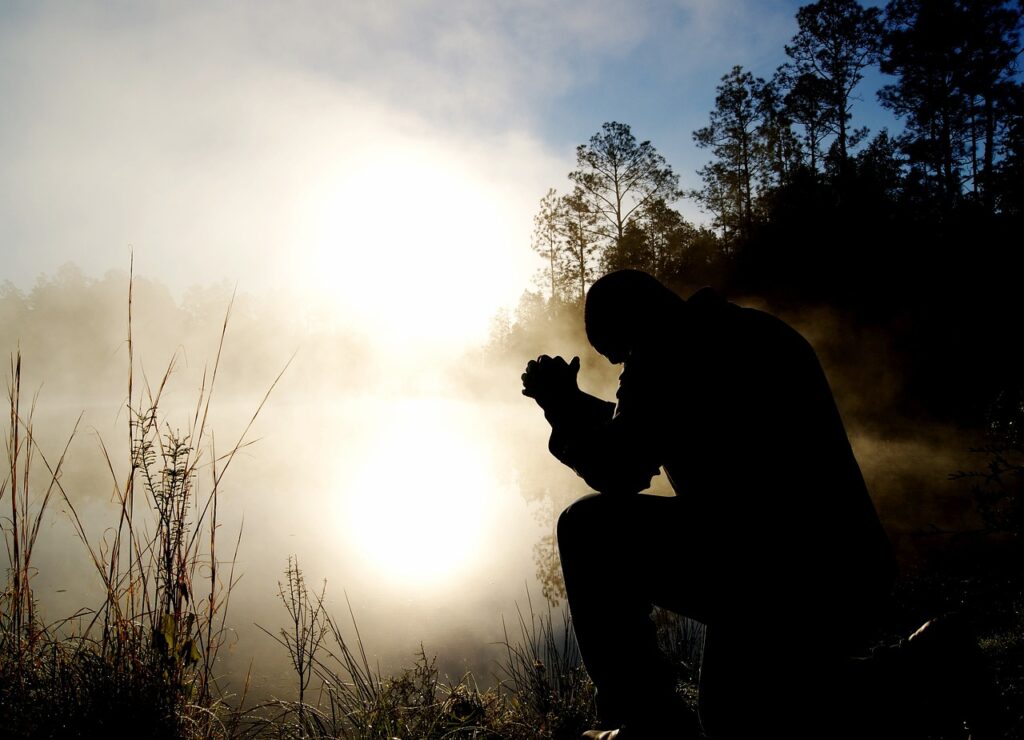Water is a valuable resource for man. This is emphasized in nature as water holds a large percentage of the Earth’s surface. Man cannot do without water, and as a result, a lot of settlers made sure that they found a good source of water before they settled at a place. The scenario is not different from the Danish slavers who arrived in Ghana in the 19th Century and set up a plantation at a place in Accra known as Djabing in the Abokobi area. The slavers and their slaves found a pond not far from their settlement at the plantation, and that pond served the inhabitants with water. Miraculously, the said pond is still there at Sesemi.
The pond at Sesemi – found in Abokobi, a surburb of Accra in the Ga East District – is surrounded with many stories. There is no clear history concerning how it came to be: some say it was dug by Okomfo Anokye; others say it came all by itself.
The Sesemi pond appears muddy and unsafe for consumption but it is said to possess healing qualities. According to the guide there, Mr. Paul Gyamesi, long before the Danes arrived, the natives were using the water from the pond to heal numerous ailments. Reports also have it that the pond fulfilled wishes of barren women – the women came to the pond, made their request, and fetched some water from there and drank. Asked whether the pond was worshipped, Mr. Gyamesi replied in the negative; rather, people who were satisfied with the pond’s response to their requests brought thanksgiving offerings.

The greatest mystery of the Sesemi pond is that it has never run dry and the water never goes bad when potted. The pond has never exceeded its boundaries too. From time immemorial, the small pond had served the people of Abokobi through wet and dry seasons. During the harmattan, when water was very scarce, you can count on getting water from Sesemi! It is likely that the pond is served water by the rocks that form its bed and hedge.
One might be quick to conclude that the pond must be a god(dess). Mr. Gyamesi did not confirm, although he mentioned that there were practices that “she” abhorred: no woman in her period should go near the pond; black items are not allowed at the pond; and the pond should not be invoked for evil.
Sesemi pond is indeed an intriguing part of nature in Abokobi, one that no individual would regret experiencing.








